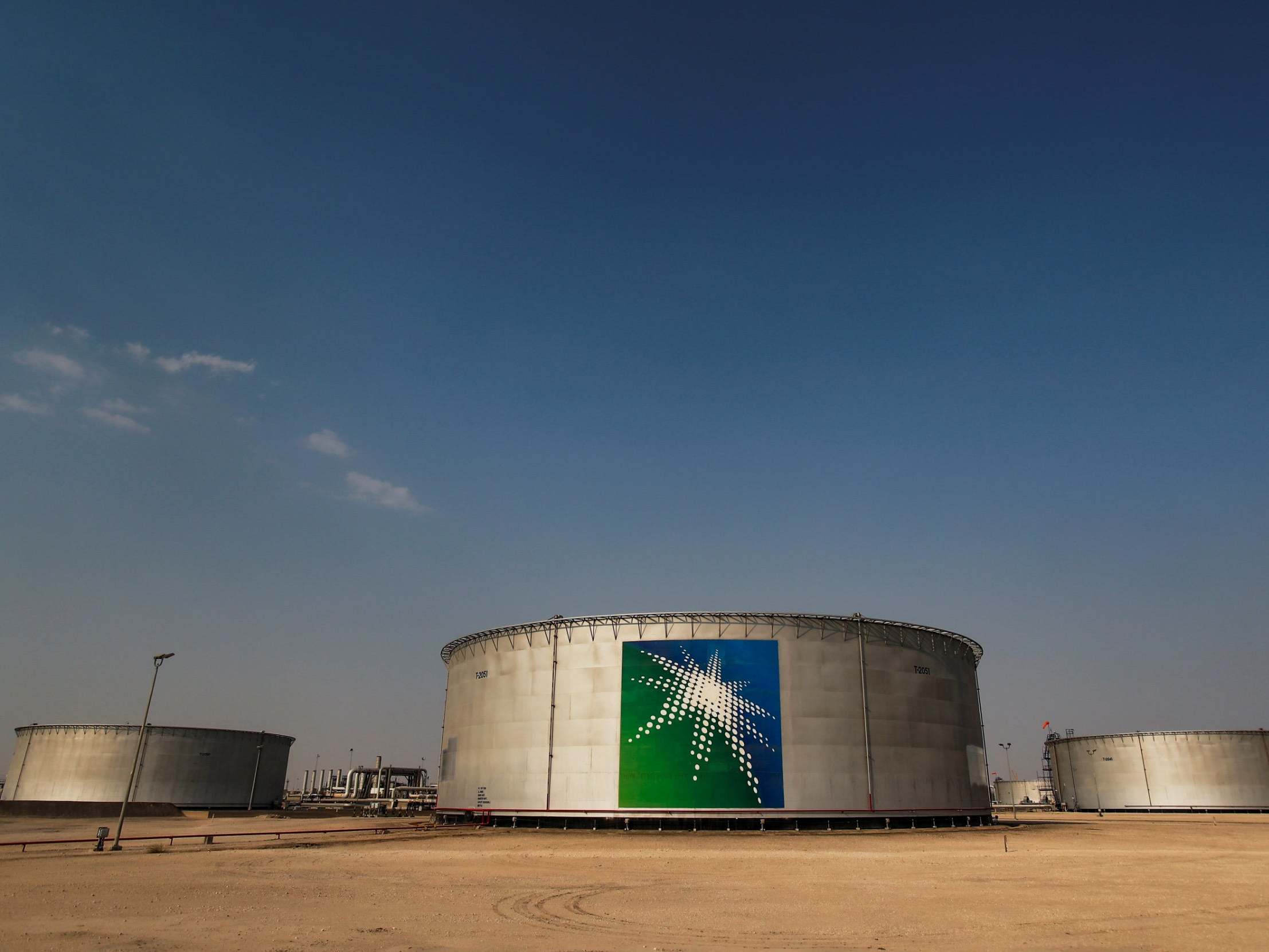The Saudi Aramco stock listing may mark a high point for capitalism – but it raises big questions about the future
Investors, rivals and political analysts will be watching the IPO with interest, especially as there are a number of complicated issues surrounding it that involve few easy answers

It is the world’s most profitable company, and in all probability the most valuable – and any of us can now buy a share of it. That is the pitch of the Saudi Arabian authorities to would-be bidders in the sale of Saudi Aramco, the state-owned monopoly that controls the world’s largest oil producer. The government is selling only a tiny slice of the company, less than 2 per cent, but this will still be the largest Initial Public Offering, or IPO, the world has ever known.
There are several stories embedded here. One is whether this is likely to be a good buy for investors. There has been a lot of resistance from the global investment community and it looks as though the valuation will be quite a bit lower than the Saudi government had hoped. But mathematically that makes it a better investment, as buyers are getting their stock cheaper. I suppose the question is whether someone wanting to invest in oil is better doing so here or by buying an established Western oil major, such as Shell, BP or Exxon. There is no easy answer to that.
The next question is whether it is a great idea to invest in fossil fuel producers at all. For many people this will be a moral issue, driven by not wanting to invest in companies that they believe contribute to global warming. For others it is a practical issue of not wanting to be too dependent on the oil price. That seems to be the motivation behind the decision of Norway’s sovereign wealth fund, the world’s largest, to divest its holdings of companies that solely explore for and produce oil and gas.
It will for the time being at least keep its interests in the integrated oil companies. In the case of Aramco you are basically buying production and refining, rather than global retail distribution, so the oil price is crucial. The underlying financial questions here are not only about the oil price, but also about the timescale over which oil and gas will be replaced with other sources of energy. Investors have to make a judgement on that.
The next question is about corporate governance. Nationalised industries, for better or worse, have different priorities to purely commercial companies. Looking to the needs and responding to the pressures of one domestic shareholder, the national government, is different to maintaining support from the investment community as a whole.
Anyone investing in Aramco has to accept that control remains completely with the Saudi government and will have to feel comfortable with that. You could argue that many of the great new tech firms in the US have shares with skewed voting rights so that the founders keep control, and that has not discouraged other investors. But Aramco is an extreme case, with a single shareholder with national interests, and those national interests will come first.
Then there is the question of the political risk involved in any investment in Saudi Arabia. Here my feeling is that all governments and rulers carry a thing called country risk. You never know when a party will gain power that changes the rules of investment, perhaps by nationalising an industry with inadequate compensation, perhaps by changing tax policy on foreign investments, perhaps by bringing in policies that devalue the currency – the list is endless.
Invest at home and you take on risk, as UK investors in public utilities know. There are some countries where the risks are higher than others and there are some where many people will not invest for political reasons. But my call would be that Saudi Arabia is no more risky than many other emerging markets.
Finally there is a question about the future of capitalism, of the mixed market economy. Will globalism continue and thrive? Capitalism has had a battering in recent months, and that is at the time when US share prices are at an all-time high. Yet you have to ask what else is there? Where else can people put their savings other than in global equities? Government bonds that yield negative returns? Cash? Gold? Property, sure, but that has vulnerabilities too.
Now it may indeed turn out that the world’s largest share offering from the world’s most profitable company marks a high point in the story of global capitalism. But my instinct is that this is more likely to turn out to be a vote of confidence that the world’s economic and financial system will – for all its many flaws – survive a while yet.
Join our commenting forum
Join thought-provoking conversations, follow other Independent readers and see their replies
Comments